 Colored vinyl records
Colored vinyl records
How to clean vinyl records
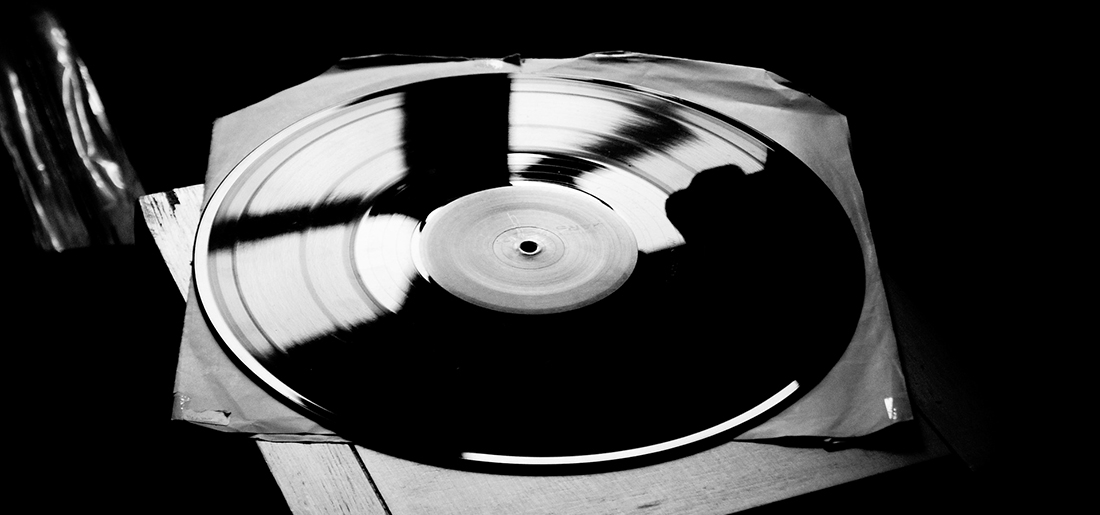
Cleaning vinyl records and keeping them dust free is a major factor in preserving them and keeping their perfect sound quality for longer.
The crackling noise and pops that you experience with many of the records is the result of dust settled and accumulated in the grooves of the vinyl over a long period of time. Also, the friction and heat created by the stylus hitting dust particles as it rides between the grooves, create some kind of mini explosion that can blast holes in the grove walls of the record. Even new records come coated in some sort of mold release compound that should be cleaned off before the first play to bring out the best quality of sound from your vinyl. It has been shown that playing dirty records can cause permanent damage, not only to the vinyl itself but also to your stylus. This, in time, will lead to other unneeded expenses in your vinyl collecting venture. So why not minimize the damage and keep your money for adding new titles to you collection? You need to know how to clean your records properly, in a safe way, or you could damage your albums and their sound quality and we're sure you don't want to do that. Even though there are numerous tips and tricks on how to clean your vinyl records, none of them is perfect and neither will purify your records and make them as new. They will still have scratches that no amount of cleaning will fix. Remember, a clean record will last longer and sound better.
Vinyl handling
The best method to keep your vinyl clean is to make sure your record doesn't gets dirty in the first place. In my experience, there are a lot of people that seemingly don't know how to correctly handle a record. Rule number one is to avoid touching the grooved surface with your fingers, as it contains oil and dirt that is damaging to the vinyl. Always grab and hold the record by the edge or the labeled surface. Hold the record with middle finger on the center label and thumb on outer rim. When you put on, or take off the record from the turntable, make sure you use both of your hands. Also, you can preserve your records by storing them properly.
There are two basic cleaning methods you can use, dry and wet cleaning. The dry method implies using some kind of brush, preferably a carbon fiber one, that is designed to sweep the dust from the surface of the record. With the wet method, also known as deep-cleaning, you will use some kind of cleaning fluid to help with the cleaning process.
Dry cleaning
The easiest way to clean your vinyl and keep them in a good condition is to dry brush them before and after every play, to prevent the build-up of dust and other impurities. Using an anti-static brush regularly will keep your records cleaner for a longer period of time. Most brushes have two rows of bristles, one is to sweep up the dust, and the other is is supposed to de-stat. With a light touch, gently hold the brush on the record surface as it spins to sweep dust and reduce the static build-up. After one or two rotations, angle the brush to the edge of the record and slowly pull it off the record. Also, don't forget to wipe the brush clean after each use. This should be an essential part of playing a record!
Wet cleaning
The wet method is recommended to deep-clean your records from time to time. This can be achieved either by hand or using a special, record cleaning machine, but always remove the surface dust particles with a brush before proceeding. There are multiple record cleaning kits on the market that do a very good job and provide great results. Most times, these consist of a directional brush, a liquid solution and a smaller brush for cleaning the directional brush. Whether you are using a commercial cleaning solution and accessories or you are cleaning your records with a home made solution, the process is almost the same.
Here is a cheap, DIY method for deep-cleaning your records on a budget. This method works for removing fingerprints and grime that the dry brush can't remove. The ingredients you will need are: distilled (not demineralised) water, 90%-99% isopropyl alcohol (this is an ingredient in many commercial record cleaning solutions), rinse agent / dishwasher fluid (color and fragrance free if possible) and a couple sheets of soft, lint-free microfiber cloths. The dishwasher fluid will break the surface tension and enables the cleaning solution to get deep into the grooves of the record.
• Mix 1/4 of 96-99% isopropyl alcohol, 3/4 distilled water, and one or two drops of rinse agent. The best way to do this is to add these ingredients to a spray bottle and shake well.
• Place the record on a microfiber cloth. Spray the solution on the record by making sure none of it gets on the label. Then wait a few seconds for the fluid to get into the grooves.
• Take a microfiber cloth and gently wipe the vinyl in a circular motion for a couple of times. For best result repeat this step in the other direction too.
• Flip the record and repeat the process.
• Wipe the record with a Microfiber cloth soaked in distilled water. Rinse both with distilled water and let it dry placing it in a vertical position.
Also, here is a good video on how to clean your vinyl records on a budget:
Vacuum cleaning machines
If you have a large record collection, the best option for a deep cleaning is to buy a commercial vacuum record cleaning machine. These are generally expensive, on an average of $500, but clean records quickly and effectively. They work by automatically applying a cleaning solution, working the dirt loose, and then vacuuming the liquid and residue away from the vinyl. Check out our list of record cleaning machines.
The wood glue method
Many avid record collectors swear by this technique for vinyl cleaning. Theoretically the wood glue and the material records are made of are so chemically similar that the glue can't bind to the record. However it will stick to everything else on the vinyl, including oil, dust, dirt, mold, fungus, etc. It's like giving your record a spa wax. I'd recommend testing this technique on some old, useless record first and then proceed to your more valuable ones if you're happy with the result.
Here's a video demonstrating the wood glue record cleaning process, and it's results:
Recommended record cleaners
What no to clean records with
• Rubbing alcohol
• Lighter fluid
• Furniture polish
• Toothpaste
• Steel wool
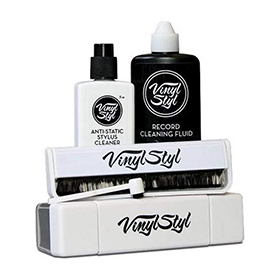
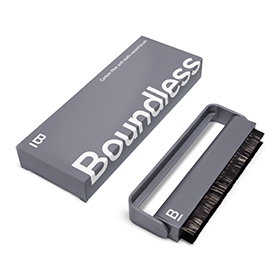
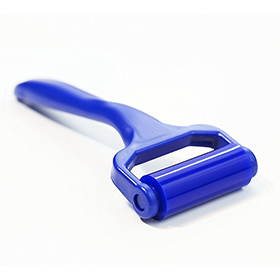
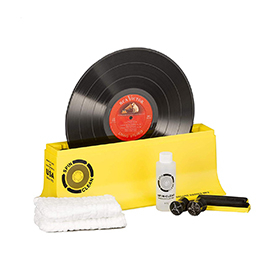
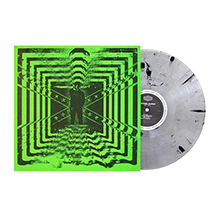 Denzel Curry
Denzel Curry
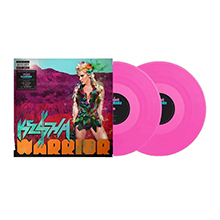 Kesha
Kesha
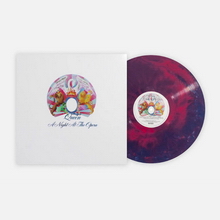 Queen
Queen
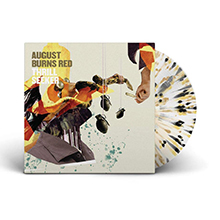 August Burns Red
August Burns Red
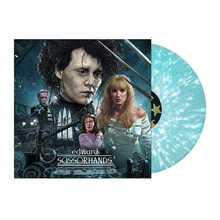 Danny Elfman
Danny Elfman
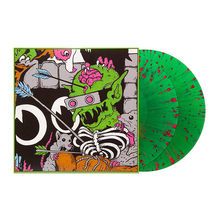 King Gizzard & The Lizard Wizard
King Gizzard & The Lizard Wizard
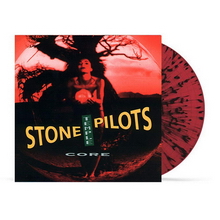 Stone Temple Pilots
Stone Temple Pilots
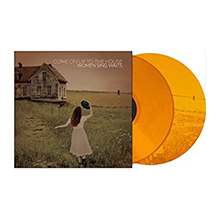 Tom Waits Tribute
Tom Waits Tribute
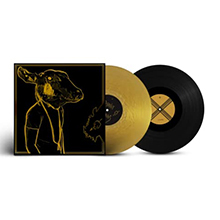 Shakey Graves
Shakey Graves
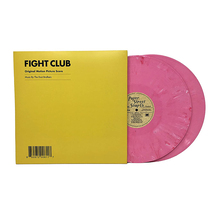 The Dust Brothers
The Dust Brothers